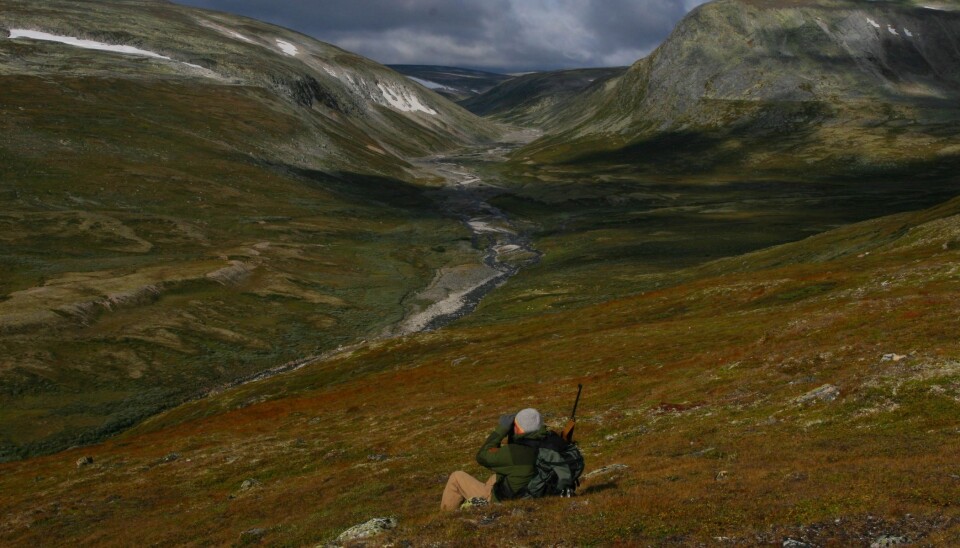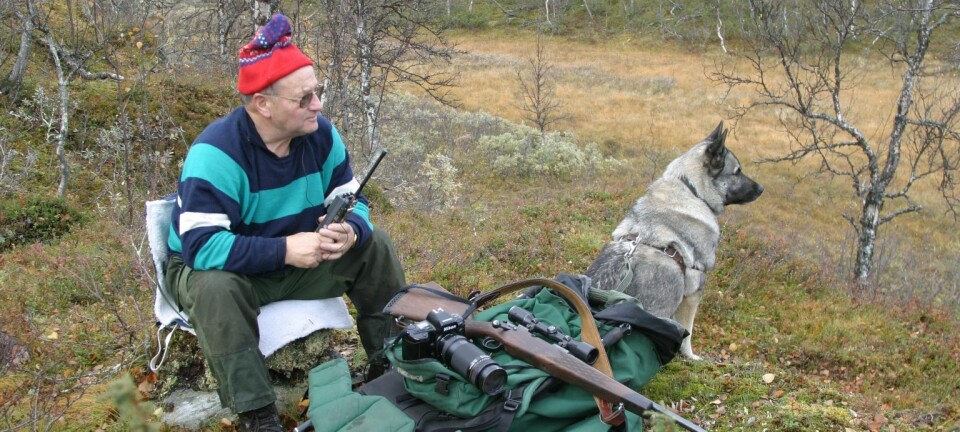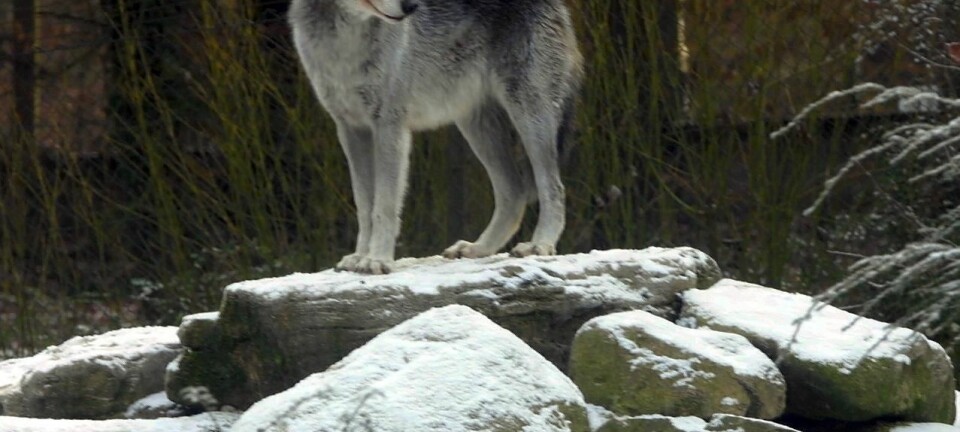This article was produced and financed by NINA - Norwegian Institute for Nature Research

Hunters as “stewards of the land”
Historically the relationship between hunters and conservationists has been complicated. But for many hunters caring for wildlife is crucial to their understanding of what hunting is all about.
Denne artikkelen er over ti år gammel og kan inneholde utdatert informasjon.
Hunting in modern societies has received limited attention from the social sciences, and few studies contribute to the understanding of hunting as a social practice.
As part of the EU-funded project “HUNTing for sustainability” a group of researchers has studied how hunters in Norway, Scotland, Croatia and Spain understand their role in nature, and how they relate to conservation.
According to Ketil Skogen, who is coordinating these studies, a basic thought among hunters is that nature needs to be managed – not only for people’s sake, but for nature’s own sake because humans have already interfered with nature through thousands of years of modification of habitat and wildlife populations.
“It is a common view that nature, once tampered with, simply cannot be left alone. Otherwise chaos will result. Hunters often claim that this chaos will also make animals suffer, because populations will not be managed, and animals will die from starvation, diseases and predation, much worse than the humane bullet from a hunter,” Skogen says.
Ideal balance
Skogen also mentions a notion of an ideal balance in nature.
While this balance may once have been “natural”, hunters have for hundreds of years been a crucial part of the system that is needed to sustain the new balance which is appropriate for the modified landscape in which we currently live.
This engagement with wild animals is thought of as part of a deeper unity with nature, which means being part of nature in physical sense.
“According to hunters, this is what distinguishes them from many conservationists, who are said to only observe nature. The hunters claim that if we humans are to be part of nature, we must also engage with it and interact with it, for example in the role of predators, but also as caretakers, showing a sense of responsibility and acting as stewards.”
Skogen and his team found that the idea of hunters as stewards of the land contributes to a moral justification of hunting, and, importantly, underpins a symbolic appropriation – a sense of moral ownership − of areas that do not belong to the hunters in a legal sense. This raises interesting questions about the basis for responsible wildlife conservation, as it seems to be unrelated to legal land ownership.
“Despite differences, hunters and conservationists share many thoughts and values. Both groups are concerned with habitat loss and dedicated to the conservation of wildlife. The idea of stewardship that many hunters share, points to a potential platform for increased cooperation between the two groups.”
































